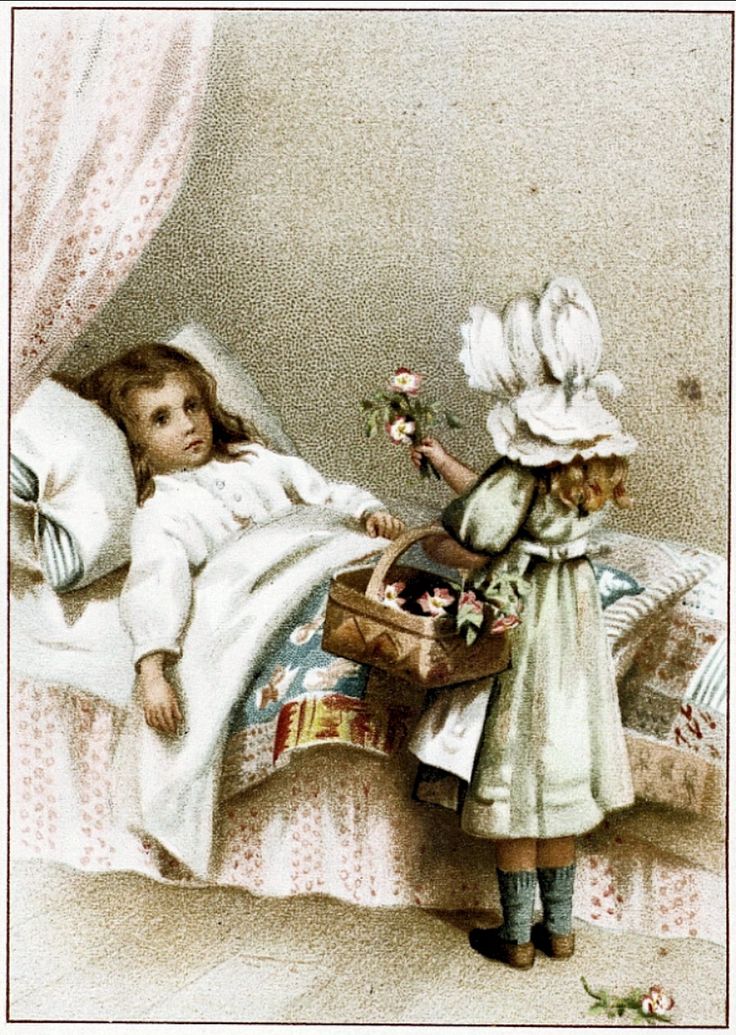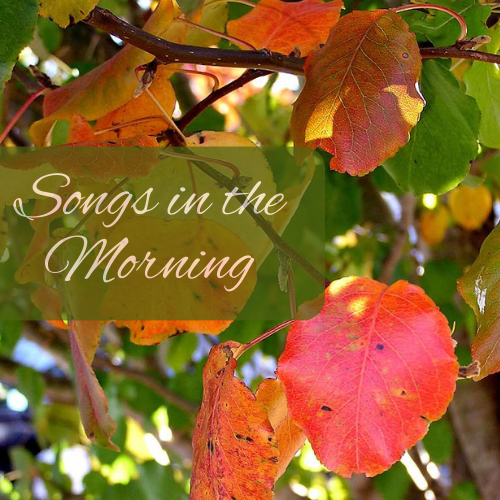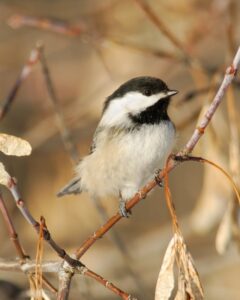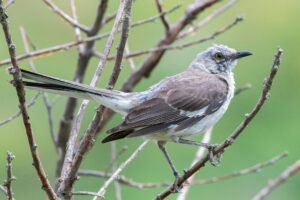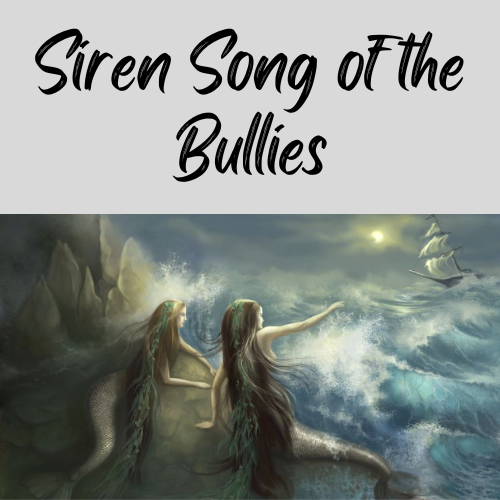
He didn’t believe her. There was no benefit of the doubt. He didn’t understand her fear, her resistance, her protestations. He rolled his eyes and said, “Why don’t you feel safe? They don’t have any power over you. They aren’t your boss. I am.”
She trembled. She didn’t speak. He was frustrated. “Why are you putting a wall between us?”
”I don’t trust you anymore.” She said. “And it makes me unspeakably sad.”
For weeks now he had been having conversations with them behind her back. They told him how she was belligerent, how she didn’t share information appropriately, how she had a bad attitude. She hid her calendar from them. She was not cooperative. He checked with other co-workers on her performance only to discover she was doing well in other areas. It was only from this particular group of women that he was getting a bad report. But he was tired of the interpersonal drama. He just wanted this nuisance to go away. He was a busy executive. He had more important things to do. So he did what made the most sense: put more pressure on her to comply.
”You have worked with people across every level of this organization. You have always done very well at getting along with just about anybody. What seems to be the problem here? I mean, why can’t you get along with them?”
She just sat there. Her arms folded. Uncommunicative. She stared at the boxed lunch he bought for her. It was unopened. She was wasting it.
She whispered, “I don’t feel safe. I’ve tried everything to get along with them. I’ve done everything you asked me to. I’m afraid to be in a room with them. And it seems clear you are no longer my advocate.”
“I am your advocate.”
”Then why do you talk to them behind my back? Listen to their lies about me? As if we haven’t worked together these many years?”
“It’s my job to check up on you. I have every right to ask around about your performance.”
She looked at the floor. The table. Her hands.
”Listen, if you refuse to meet with them, you are insubordinate. And frankly, if I had to give your performance review right now, I’d say you need improvement.”
Her face turned white. Her breathing changed. It was shallow, then came in short bursts. Then she started to cry.
“Calm down.” He demanded. He handed her a napkin. She took it and tried to wipe away tears. But there were too many. And the crying only grew worse. Her eyes were now dripping streaks of black mascara. And she was hyperventilating.
”Breathe.” He said. “Calm down.”
But she didn’t. She couldn’t. Or wouldn’t.
Then she ran out of the building weeping openly like a child. He didn’t understand it. Why was she overreacting? What was wrong with her?
He thought back over all the conversations, the texts, the emails. It had all started when she called him to say a group of women in the department would not allow her to send out a simple email. They insisted on approving it as “part of a broader communication plan.” She told him they wanted control over her work and were bullying her. One of them was even taking credit for work she had done. So he told her he would handle it. And he did. He took care of it. The women weren’t bullies. They were good people and never meant any harm. It was all just a simple misunderstanding. He had never seen anything inappropriate so it must not be true. She was exaggerating and frankly, being a bit melodramatic.
Besides, he liked the pretty things they sang. He was charmed by their melodies and harmonies. After all, he was a tall, strong man and he had never personally experienced bullying before. And candidly, he liked their song; the siren song of the bullies.
